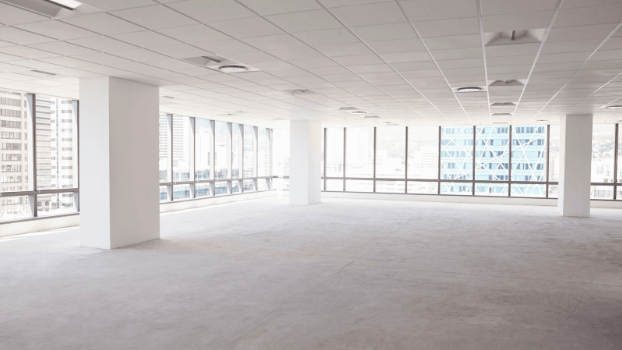When a business owner is faced with the decision of whether to lease or buy commercial property, each option presents distinct advantages and disadvantages. The optimal choice will depend on your business’s specific needs, financial situation, and long-term goals. In this post, McPartland & Sons Solicitors explores the key factors to consider when making this decision in Northern Ireland.
Leasing Commercial Property
Leasing commercial property offers several benefits, including:
- Lower upfront costs: Leasing typically involves a smaller upfront investment compared to purchasing, making it a more accessible option for businesses with limited capital.
- Flexibility: Leases provide flexibility in terms of location, size, and duration, allowing businesses to adapt to changing needs.
- Reduced financial risk: Landlords are generally responsible for property maintenance and repairs, reducing the financial burden on the tenant.
- Tax advantages: In certain circumstances, lease payments may be deductible for tax purposes.
However, there are also potential drawbacks to leasing:
- Limited control: As a tenant, you have less control over the property and its future, including renovations or expansions.
- Rent increases: Landlords may increase rent over time, affecting your business’s operating costs.
- Lack of equity: Leasing does not build equity in the property, meaning you won’t benefit from any appreciation in value.
Buying Commercial Property
Purchasing commercial property offers several advantages, including:
- Ownership and control: As an owner, you have complete control over the property, including its use, maintenance, and future development.
- Equity build-up: Owning a property can lead to significant equity growth, which can be beneficial for long-term financial planning.
- Potential tax benefits: Depending on your circumstances, you may be eligible for tax deductions related to property ownership, such as depreciation.
- Stability: Owning a property can provide a sense of stability and security for your business.
However, there are also potential disadvantages to buying:
- Higher upfront costs: Purchasing a commercial property requires a substantial upfront investment, including a down payment, closing costs, and potential renovation expenses.
- Financial risk: Property ownership carries financial risks, such as market fluctuations, property taxes, and unexpected maintenance costs.
- Limited flexibility: Once you’ve purchased a property, it can be difficult to relocate or downsize if your business needs change.
Key Factors to Consider
When deciding whether to lease or buy commercial property, consider the following factors:
- Financial situation: Evaluate your business’s financial health and ability to handle the upfront costs and ongoing expenses associated with property ownership.
- Business goals: Consider your long-term business goals and whether owning a property aligns with your strategic objectives.
- Market conditions: Analyse the current market conditions, including property values, rental rates, and economic outlook.
- Lease terms: If you’re considering leasing, carefully review the lease terms, including rent, length of the lease, renewal options, and any restrictions on modifications or subletting.
- Legal advice: Consult with a commercial property lawyer in Northern Ireland to understand the legal implications of leasing or buying and to ensure that your rights are protected.
Ultimately, the decision of whether to lease or buy commercial property is a personal one that depends on your unique circumstances. By carefully considering the factors outlined above and seeking professional advice from McPartland & Sons Solicitors, you can make an informed decision that best suits your business’s needs and long-term goals.
Related Blog Posts:

